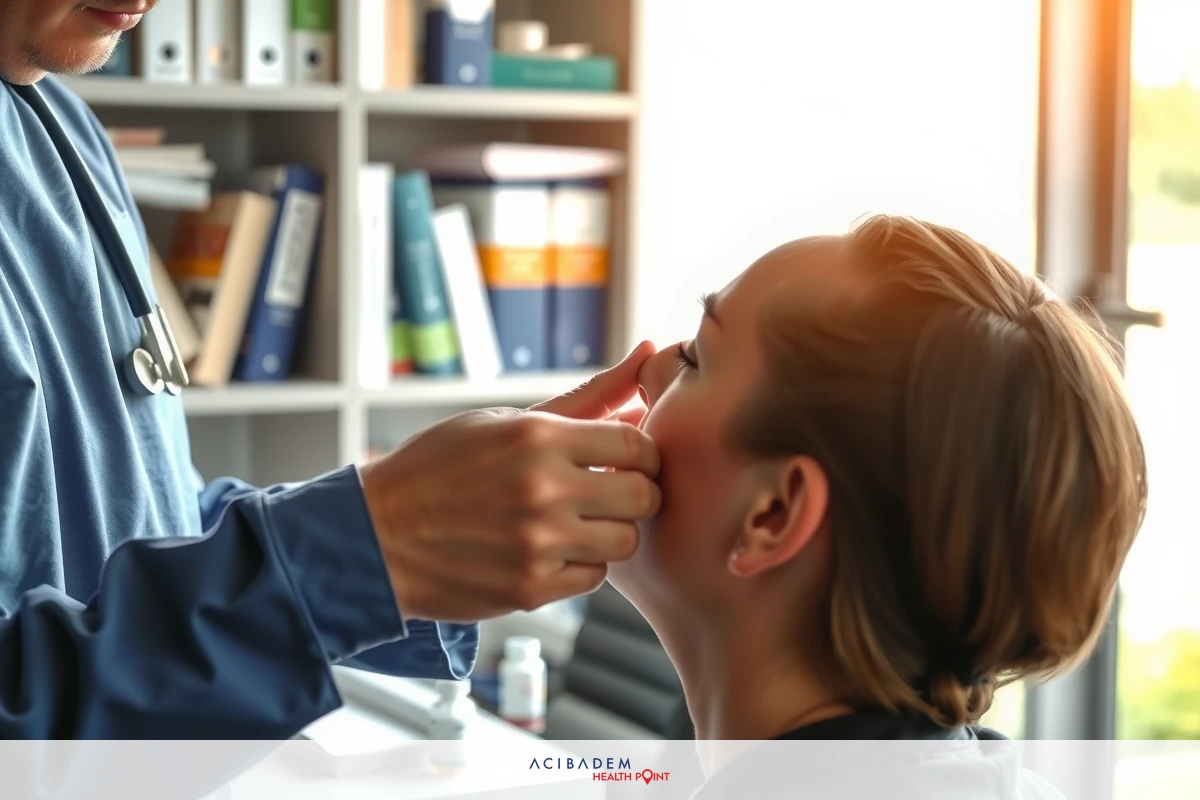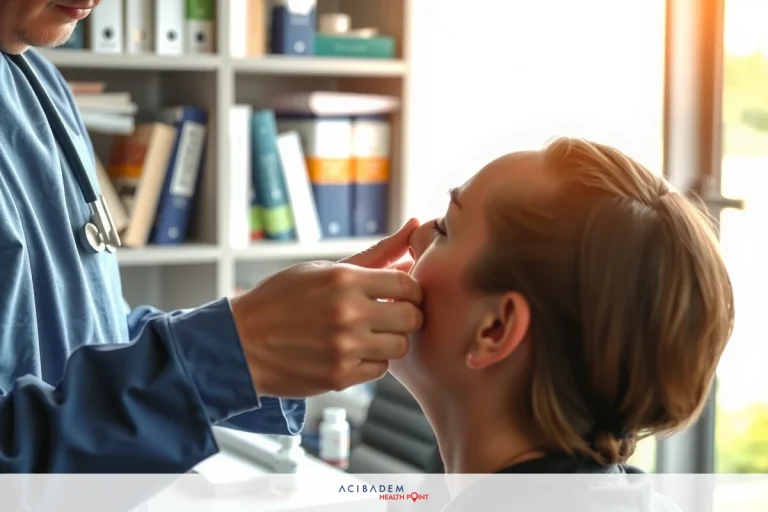Is Cortisone a Steroid Used in Plastic Surgery on the Nose?
Is Cortisone a Steroid Used in Plastic Surgery on the Nose? Cortisone, a type of steroid, has a wide range of medical applications including its use in plastic surgery procedures. Specifically, it can be utilized in rhinoplasty, commonly known as a nose job, to reduce inflammation and speed up the healing process. The unique properties of cortisone make it an invaluable tool for surgeons seeking optimal results for their patients.
However, as with all medical procedures, the use of cortisone comes with its own set of benefits and potential risks. It’s important for anyone considering plastic surgery on the nose to understand these factors. This article aims to provide useful information about the role of cortisone in plastic surgery on the nose, its benefits, and possible risks or side effects that may occur during recovery.
Cortisone: Understanding its Role in Plastic Surgery
Cortisone is a type of steroid that is naturally produced by the body’s adrenal glands. In medicine, synthetic forms of cortisone are commonly used to reduce inflammation and speed up the healing process. The antiinflammatory properties of cortisone make it an invaluable tool in many medical procedures, including plastic surgery on the nose. When used appropriately, cortisone can help to minimize swelling and discomfort following surgery, enhancing the patient’s recovery experience.
In plastic surgery specifically, cortisone can be applied locally to the surgical site to reduce inflammation. This is particularly beneficial in rhinoplasty, where postoperative swelling can distort the shape of the nose and make it difficult for the surgeon and patient to assess the outcome of the procedure. By reducing this swelling, cortisone allows for a more accurate evaluation of the surgical results and can contribute to improved patient satisfaction with their new look.
However, it should be noted that while cortisone can be effective in managing postoperative inflammation, its use must be carefully controlled. Overuse or misuse of cortisone can lead to side effects such as skin thinning or changes in skin color. Therefore, it’s essential that its use is overseen by a qualified healthcare professional. With careful management, cortisone can play a crucial role in ensuring a successful outcome following plastic surgery on the nose.
Benefits of Cortisone in Rhinoplasty
Cortisone’s most notable benefit in rhinoplasty is its powerful anti-inflammatory effect. After a nose surgery, it’s common for the nasal tissues to become swollen and inflamed. This inflammation can cause discomfort and potentially affect the aesthetic outcome of the surgery. By reducing inflammation, cortisone can help ease post-surgical pain and ensure the nose heals in line with the surgeon’s intended shape.
Another significant benefit of cortisone in rhinoplasty is its ability to accelerate the healing process. Following a surgical procedure, the body naturally responds by sending an influx of white blood cells to the affected area to help repair damaged tissues. While this response is crucial for healing, it can also lead to excessive inflammation and swelling. Cortisone helps control this response, ensuring that healing progresses at an optimal pace without unnecessary discomfort for the patient.

Additionally, cortisone can contribute to overall patient satisfaction with their rhinoplasty results. By minimizing swelling and speeding up recovery, patients are able to see their final results sooner. This can be incredibly beneficial from a psychological perspective as it allows patients to quickly adjust to their new appearance and enjoy the benefits of their surgery. However, it should be reiterated that the use of cortisone should always be under the direction of a skilled medical professional to avoid potential side effects.
Can I Have Knee Replacement After Having a Cortisone Injection
Recovery and Potential Risks
The recovery period following a cortisone-based plastic surgery on the nose, such as rhinoplasty, typically involves several stages. Initially, there may be swelling, bruising, and discomfort in the days immediately following the procedure. However, cortisone aids in reducing these immediate postoperative symptoms, providing relief and facilitating a smoother healing process. It’s important for patients to follow their surgeon’s aftercare instructions during this time to ensure optimal healing and minimize potential complications.
While cortisone offers numerous benefits in the recovery process, it’s also essential to consider potential risks associated with its use. One of the main concerns with cortisone is that overuse can lead to side effects such as skin thinning or changes in skin color. Another risk is that prolonged use of cortisone may suppress the body’s natural immune response, potentially increasing susceptibility to infections. Therefore, the use of cortisone should always be carefully monitored by healthcare professionals to ensure that it’s delivering benefits without causing undue harm.
Moreover, every individual responds differently to surgery and medications like cortisone. Factors such as age, overall health status, and individual healing capacity can significantly influence recovery times and potential risks. Therefore, while cortisone can generally aid in recovery and improve surgical outcomes, it’s crucial for patients to have open and honest discussions with their healthcare providers about their specific circumstances. This helps ensure a personalized approach to care that maximizes benefits while minimizing potential risks.
Frequently Asked Questions
Is cortisone the same as anabolic steroids used by athletes?
No, cortisone is not the same as anabolic steroids used by athletes. Cortisone is a type of steroid known as a corticosteroid, which has anti- inflammatory properties and is commonly used in medical treatments. Anabolic steroids, on the other hand, are synthetic variations of testosterone that are primarily used to enhance athletic performance and muscle growth.
How long does it take for cortisone to reduce swelling after rhinoplasty?
The time it takes for cortisone to reduce swelling after rhinoplasty can vary from person to person. In most cases, patients may start to notice a decrease in swelling within a few days to a week after the surgery. However, complete resolution of swelling can take several weeks or even months, depending on the individual's healing process and the extent of the surgery.
Are there any alternatives to cortisone for reducing swelling after nose surgery?
Yes, there are alternative medications that can be used to reduce swelling after nose surgery. Your surgeon may prescribe non-steroidal anti-inflammatory drugs (NSAIDs) or recommend other anti-inflammatory treatments to help manage post-operative swelling. It's important to discuss these options with your healthcare provider to determine the most suitable approach for your specific needs.
Can cortisone injections be used for non-surgical nose procedures?
Yes, cortisone injections can be utilized for non-surgical nose procedures, such as dermal fillers or non-surgical rhinoplasty. These injections can help minimize swelling and inflammation associated with these procedures, enhancing the overall outcome. However, it's essential to consult with a qualified medical professional who specializes in non-surgical aesthetic treatments to determine if cortisone injections are appropriate for your specific case.
Are there any long-term effects of cortisone use in plastic surgery on the nose?
Long-term effects of cortisone use in plastic surgery on the nose are rare when it is used as directed and under the supervision of a qualified medical professional. However, prolonged or excessive cortisone use may lead to potential side effects, including thinning of the skin, changes in skin color, or suppression of the immune system. It's important to follow your surgeon's instructions and communicate any concerns or changes you notice during the recovery process to ensure safe and effective use of cortisone.











